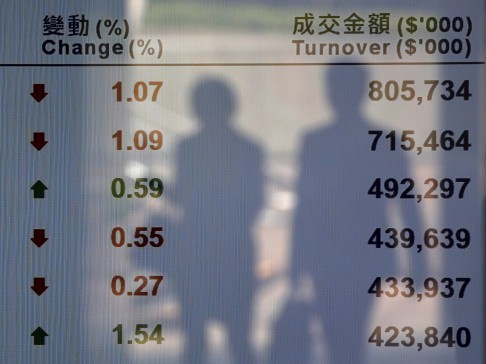Hong Kong should invest in training local teachers for better English, rather than relying on its outdated native speaker scheme
Kelly Yang says the alarming fall in English standards in Hong Kong means we must rethink rote learning in schools and the out-of-date native-speaking English teacher programme

Instrumental to that success is having a high standard of English. Our economy must diversify. How many tech executives from San Francisco have I had over to dinner at my house this past year, only to watch them each shake their head at the possibility of setting up their Asia headquarters in Hong Kong. "But why?" I'd ask. "What's Singapore got that we haven't got?" English, they'd say.
This breaks my heart. In the past 10 years, while Singapore and Shanghai have invested heavily to beef up their English standards, we have slipped by being complacent. We've allowed 90 per cent of local primary schools to be taught almost exclusively in Cantonese. For the few schools that do teach in English, we've set the bar pitifully low for the teachers' English ability. Currently in most local schools, a subject teacher needs only to have got a D in English in the Hong Kong Certificate of Education Examination to teach various subjects using English.
When I was growing up in the United States, I would get a free pizza from Pizza Hut for every 10 books I read
Ten years later, what do we see? Our university graduates' salaries have plummeted by 20 per cent to HK$10,000 a month, compared with 20 years ago. Our tourist-reliant retail sector is drying up. Tying ourselves to China's economy is not the panacea it once was. It's time to see the writing on the wall.
To raise our English standard, the first step is to change the way English is being taught in local schools, starting at the primary level. We need to move away from dictation and rote memorisation, which are antiquated and ineffective, to discussion-based and project-based learning. We need to emphasise creativity, critical thinking, leadership and entrepreneurship.
At the same time, we have to gradually increase the amount of time primary school students spend learning in English. To do this, we need to raise their teachers' standard of English by first investing in teacher training and later raising the English requirement for teachers.
